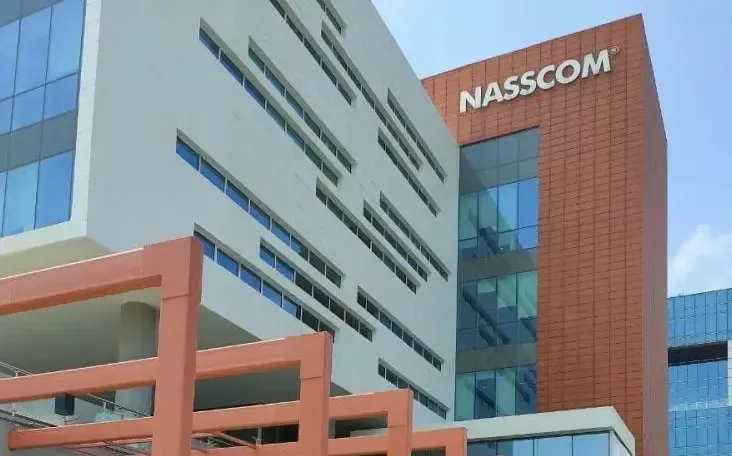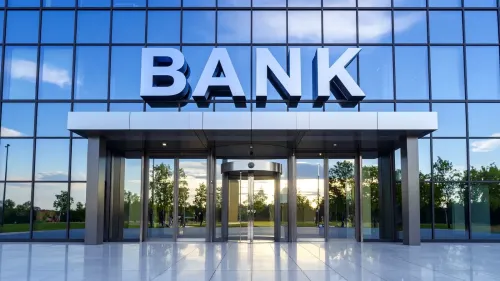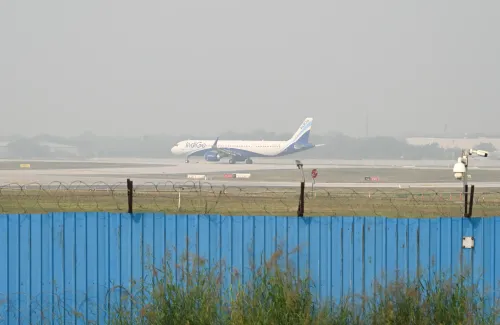What Are the Implications of the H-1B Visa Fee Hike?

Synopsis
Key Takeaways
- US imposes a $100,000 annual fee on H-1B visas.
- Government and Nasscom are evaluating the implications.
- Expectations of growth in Global Capability Centres in India.
- India hosts nearly 50% of the world's GCCs.
- Indian IT firms are reducing reliance on H-1B visas.
New Delhi, Sep 20 (NationPress) The Indian government, along with Nasscom, the leading body of the IT sector, is currently evaluating the implications of the United States administration's recent decision to implement a $100,000 annual fee for H-1B visas starting September 21.
Sources from the government indicate that New Delhi is coordinating with the Indian Embassy in Washington, DC, while also engaging in discussions with Nasscom.
This new fee structure is anticipated to have the most significant impact on US companies, which heavily depend on Indian professionals for specialized, high-skilled technology positions.
Experts suggest that this could spark a new wave of Global Capability Centres (GCCs) in India to address the talent shortfall in the US due to the updated visa regulations.
Indians hold the largest share of H-1B visas, surpassing China.
In light of this, GCCs are gearing up for an increase in talent acquisition within India, with 48% of them planning to expand their workforce beyond the levels projected for 2024.
Finance Minister Nirmala Sitharaman remarked this week that India currently hosts nearly half of the world's GCCs, which are pivotal in driving innovation, research and development, and leadership.
"GCCs will solidify India's position as a leader in innovation and job creation. With the appropriate policies, infrastructure, and skill development, this sector can shape our journey toward Viksit Bharat 2047," she stated during the Special Ministerial Plenary and Report Back at the 'CII GCC Business Summit'.
Historically, US-based companies have accounted for nearly 70% of total GCC hiring since 2021. In recent times, GCCs from the UK, EMEA, and APAC regions have also increased their presence in India.
India is home to approximately 1,700 GCCs, with projections indicating growth to over 2,100 by 2029-2030.
CP Gurnani, Co-founder and CEO of AIonOS, noted that Indian IT firms have significantly decreased their reliance on the H-1B visa in recent years, with applications declining by over 50%.
"This change reflects our strategy to enhance local hiring, invest in automation, and improve our global delivery models. While adjustments in visa fees may occur, we expect minimal impact on our operations, as we have already adapted to these changing conditions," he stated.










